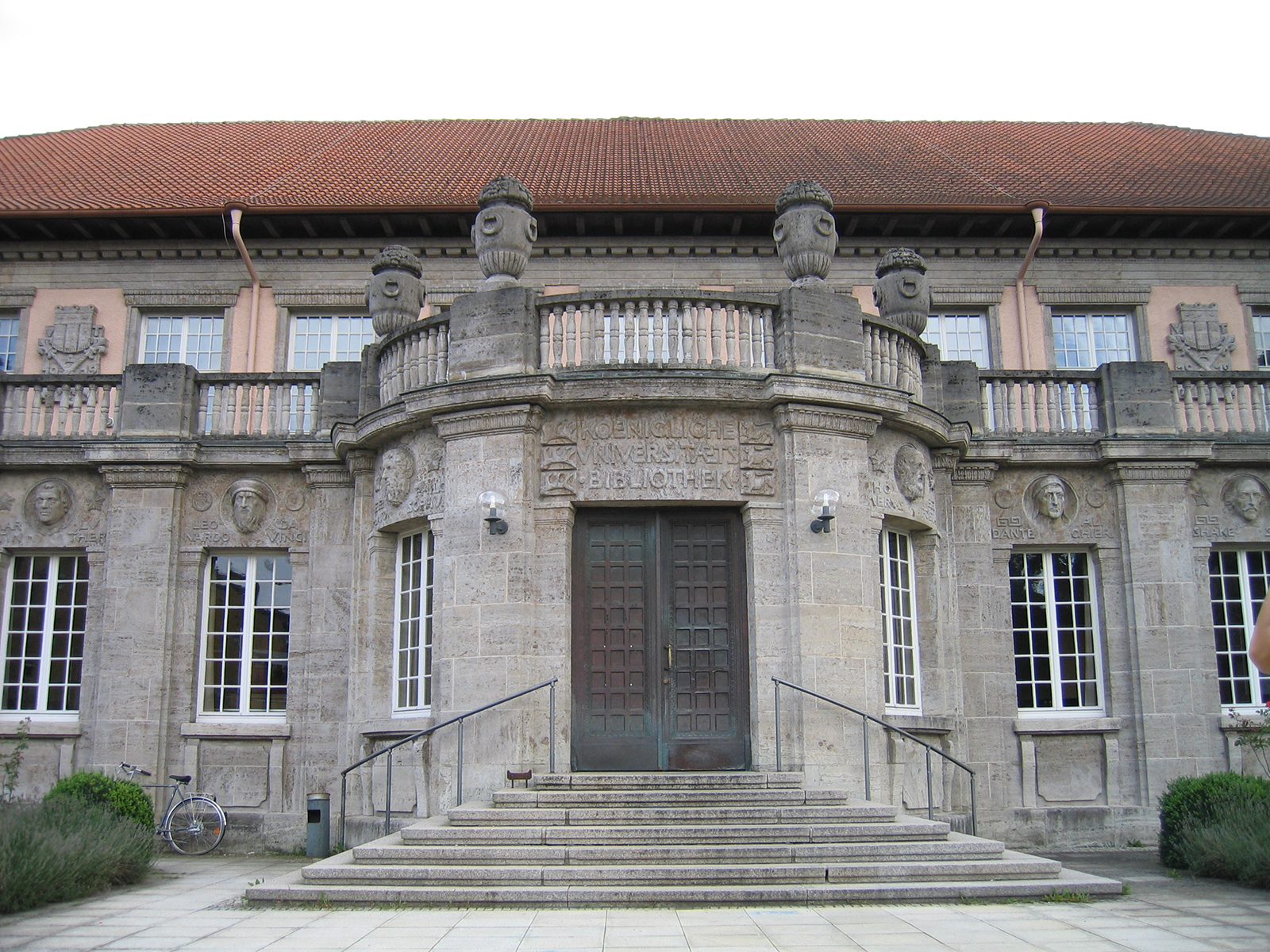University Of Tübingen Study Finds How Identical Twins Influence Each Other’s Self-Perception
Whenever people learn with others, they make comparisons. A contrasting effect usually occurs here, which has an immediate effect on one’s own school self-concept: if the others do better, one assesses one’s own abilities as poorer. If the others perform less well, you perceive yourself as more talented and capable. These contrast effects have been repeatedly confirmed in various studies.
Now researchers at the Hector Institute for Empirical Educational Research at the University of Tübingen have found a significant exception: identical twins. With them, the comparison effect is reversed into a mirror effect. The performance of the co-twin does not have a contradictory effect, but rather an equalizing effect: if the co-twin is good at a school subject, this has a positive effect on their own school self-concept in the same subject. Conversely, poor performance in one twin has a negative impact on the other’s self-concept.
The perceptions of one’s own performance in a subject flow into the self-concepts, which are shaped by the performance actually shown, but also by the processing of numerous other pieces of information. For the study, the scientists analyzed data from over 4,000 identical and dizygotic twins in Germany between the ages of eleven and 17 from the TwinLife study. Some of the pairs of twins attended the same school class, some did not.
The study also showed that the mirror effect cannot be demonstrated in dizygotic twins. “This finding indicates that only moderate similarity is not enough for the mirror effect to occur, but that the degree of similarity must be exceptionally high,” explains Ulrich Trautwein, Director of the Hector Institute for Empirical Educational Research and co-author of the study . “In fact, there is often a degree of competition in fraternal twin relationships that could counteract any mirror effects.”
Trautwein emphasizes: “Comparative effects are a universal phenomenon that has decisive consequences for many questions in everyday school life, such as ability grouping, when students are divided into groups according to their abilities, or the feedback behavior of teachers. With the mirror effect, we were able to make a further contribution to a better understanding of school self-concept.”

